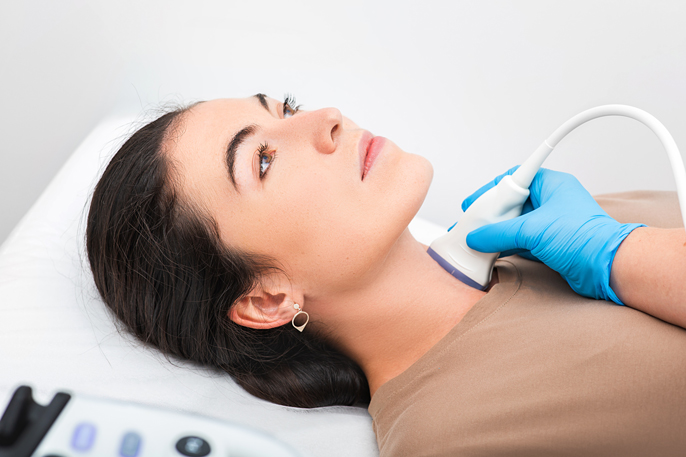The American Cancer Society estimates that about 54,000 Americans will get oropharyngeal cancer in 2021. This particular type of cancer, which is twice more common in men than in women, can affect any part of your oral cavity. This includes your lips, tongue, larynx or voice box, throat, hard palate, salivary glands, and gums.
Signs and symptoms to watch out for
If you have any of the following signs and symptoms and they persist for over two weeks, do not delay scheduling an appointment with your primary care provider or dentist:
- Sores in the mouth or on lips that don’t seem to heal
- A white patch on the tongue or in the mouth that doesn’t go away
- A sore throat that doesn’t get better over time
- Difficulty swallowing or opening the mouth fully
- Change in voice or hoarseness of voice
- Mouth pain or bleeding
- Chronic bad breath
- Coughing up blood
- Changes in speech patterns
- Unexplained weight loss
- Fatigue
- Ear pain
How oropharyngeal cancer is diagnosed
It usually begins with a physical assessment by your doctor or sometimes your dentist. They will check for any signs of abnormality such as a sore in your mouth or swollen lymph nodes in your neck.
If oropharyngeal cancer is suspected, your doctor will recommend more tests such as imaging tests (i.e. X-rays, MRI, CT and PET scans) and biopsy to confirm the cancer diagnosis.
Treating oropharyngeal cancer
Like most types of cancer, treatment for oropharyngeal cancer will depend on several factors, including your cancer stage, age, and overall health condition.
In many cases, surgery is the treatment of choice especially if you have HPV. Other treatment options include radiation therapy, chemotherapy, targeted therapy, and immunotherapy.
Preventing oropharyngeal cancer
There is no sure way of preventing oropharyngeal cancer but there are things you can do to reduce your risk. This includes:
- Avoiding or quitting tobacco smoking
- Moderating alcohol consumption
- Avoiding HPV infection
- Limiting exposure to ultraviolet (UV) light
- Wearing properly-fitted dentures
- Eating a healthy diet
Greater Knoxville ENT has specialists you can call for any abnormalities you may notice in your oral cavity. For appointment requests, you may call us at
(865) 244-4396.

